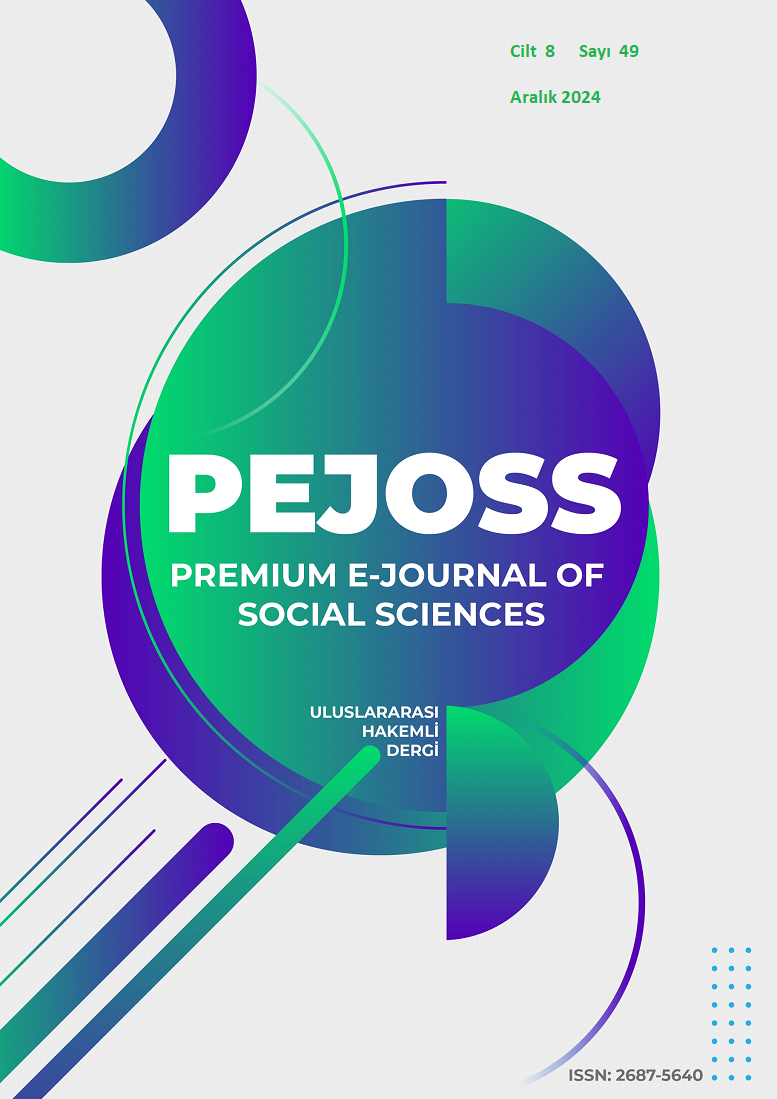Symbolism of Birds in Medieval Poetry As an Metaphysical Liberation and Existential Metamorphosis: Dante’s Divine Comedy and Farid ud-Din Attar’s The conference of Birds Inspire Chaucer’s Narrative in Trans-Cultural Continuum of Mystical Allegory
DOI:
https://doi.org/10.5281/zenodo.14585810Keywords:
Medieval Poetry, Bird Symbol, Metaphysical Liberation, Existential Metamorphosis, Mystical AllegoryAbstract
This scholarly inquiry delves into the intricate intertextuality and thematic resonance between Dante Alighieri’s Divine Comedy and Geoffrey Chaucer’s The Parliament of Fowls. It elucidates Dante’s transformative repudiation of courtly love, which he recontextualizes as a harmonious union of rationality and spiritual transcendence, and its profound impact on Chaucer’s incisive satire of societal constructs surrounding romantic idealism. By examining the narrative parallelism between Dante’s “Virgil” and Chaucer’s “Scipio Africanus,” the study illuminates the latter’s creative assimilation of Dantean allegorical frameworks. Moreover, the paper foregrounds the avian symbolism as an emblem of metaphysical liberation and existential metamorphosis, juxtaposing Chaucer’s depictions with Farīd ud-Dīn Attar’s Conference of Birds, thereby situating Chaucer’s narrative within a trans-cultural continuum of mystical allegory. Ultimately, this analysis underscores the enduring universalism and intellectual profundity of both works, affirming their pivotal role in redefining medieval literature and their timeless capacity to interrogate and illuminate the human condition.
Dante Alighieri's Divine Comedy is widely celebrated as one of the most enduring legacies in the history of poetry, profoundly shaping medieval literature and maintaining its relevance across epochs, from the early modern period to the postmodern and globalist eras. Its pervasive influence remains evident in contemporary media, including Hollywood films and video games, underscoring its timeless inspiration for countless creators. Among those significantly influenced is Geoffrey Chaucer, often hailed as the father of English literature. A compelling parallel emerges between Chaucer's use of Scipio Africanus as a guiding figure for the narrator in The Parliament of Fowls and Dante's depiction of the Roman poet Virgil as a companion on his metaphysical journey. Additionally, Chaucer's critique of courtly love, particularly its surrounding social constructs, aligns with Dante's rejection of the tradition, as seen in his depiction of love for Beatrice in Paradiso. This study aims to explore the profound impact of Dante’s Divine Comedy on Chaucer’s Parliament of Fowls and The Canterbury Tales, shedding light on the intricate intertextual connections and shared cultural critiques of their respective eras.
Downloads
References
Alighieri, Dante. The Divine Comedy of Dante Alighieri: Inferno. Edited and Translated by Robert M. Durling, Oxford University Press, 1996.
Alighieri, Dante. The Divine Comedy: Paradiso. Digital Dante, https://digitaldante.columbia.edu/dante/divine-comedy/paradiso/paradiso-27/.
Alexandra Gillespie. Print Culture and the Medieval Author: Chaucer, Lydgate, and Their Books, 1473–1557. Oxford: Oxford University Press, 2006.
Chaucer, Geoffrey. The Canterbury Tales, The General Prologue. The Norton Anthology: World Literature. 3 rd ed., vol. 1, W.W. Norton & Company, 2013, pp. 1202-1221.
Chaucer, Geoffrey. The Canterbury Tales, The Pardoner’s Tale. Translated by Neville Coghill, Penguin Classic, 1965, pp. 241-246.
Green, M., Animals in Celtic Life and Myth (London: Routledge, 1992).
Gurevich, A., Medieval Popular Culture (Cambridge: CUP, 1990).
Janina, R. (2006). "The Symbolic Life of Birds in Anglo-Saxon England" New York. All Saints Press.
Latham, R. E., A Dictionary of Medieval Latin from British Sources. Fascicule II: C (Oxford: OUP, 1981).
Latham, R. E., A Dictionary of Medieval Latin from British Sources. Fascicule II: C (Oxford: OUP, 1981).
Salisbury, J. E., The Beast Within: Animals in the Middle Ages, 2nd edn (London: Routledge, 2011).
Mann, Jill. 2009. From Aesop to Reynard: Beast Literature in MedievalBritain. Oxford: Oxford University Press.
University of Glasgow. “The World of Chaucer.” Chaucer's Influences, special.lib.gla.ac.uk/exhibns/ chaucer/influences.html.
Downloads
Published
How to Cite
Issue
Section
License
Copyright (c) 2024 Premium e-Journal of Social Science (PEJOSS)

This work is licensed under a Creative Commons Attribution 4.0 International License.


